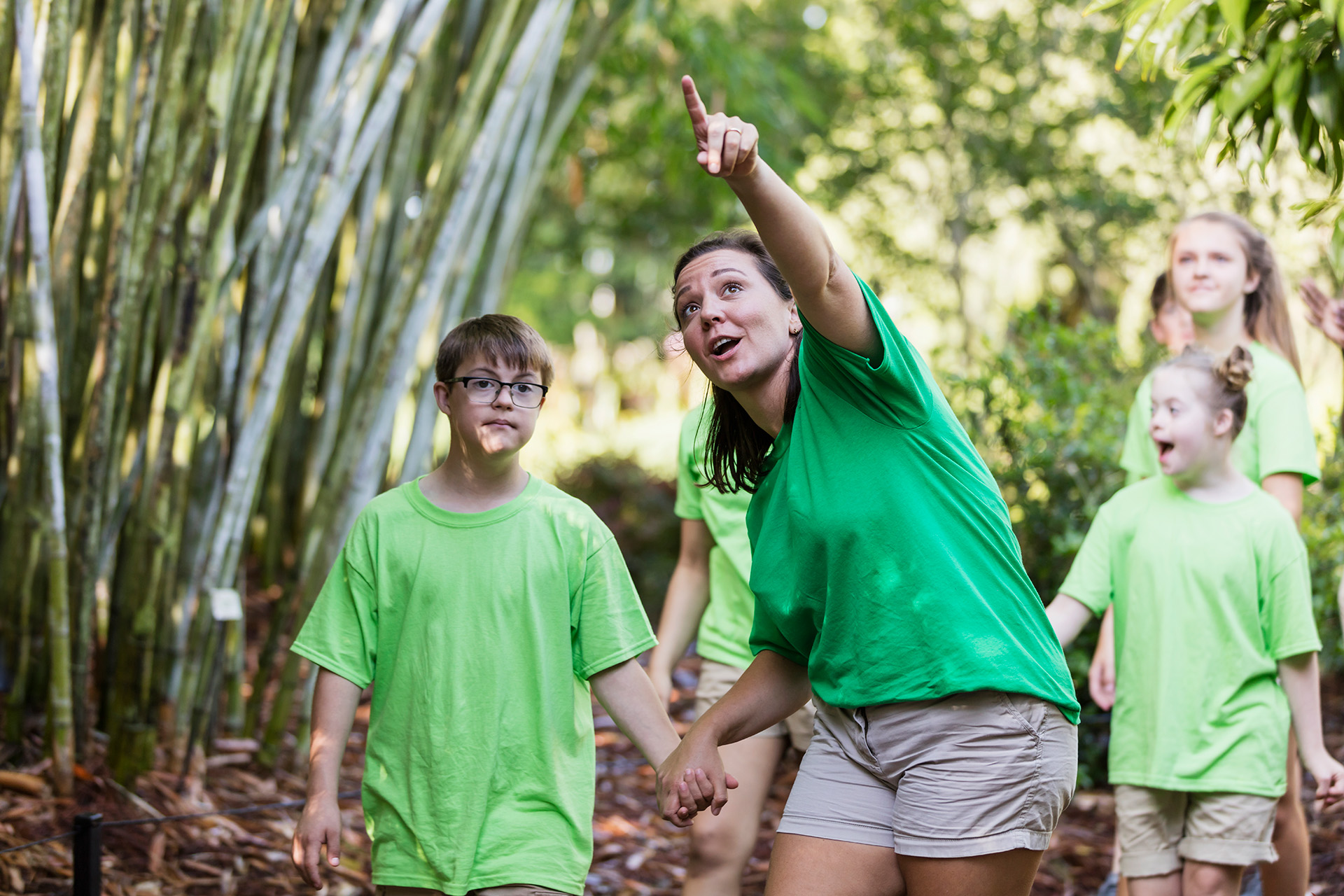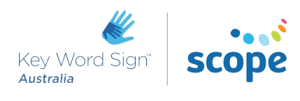Key Word Sign is an evidence-based intervention that supports the development of speech, language, communication and social interaction skills in young children, and functional communication and participation in older children and adults. At present, there is only a very small amount of published research about key word sign or other ‘unaided’ methods of communication. The research that is available sits within a much larger body of research that is focused on ‘aided’ methods of communication, like use of visual symbols, speech generating devices, and ways to support these.
At Key Word Sign Australia, we want to redress this imbalance and encourage researchers, clinicians, service providers, clients, families and communities to design, create, participate in, publish, disseminate and implement research about use of manual signing, specifically Key Word Sign, as part of a multimodal communication approach for people with communication difficulties.
Specifically, our role includes:
- Sourcing high quality research publications about key word sign, manual signing, unaided AAC and multimodal commuication
- Synthesising (pulling together) and summarising key research findings
- Contributing to the creation of new research about Key Word Sign by:
- Leading or commissioning original research projects
- Co-supervising undergraduate and post graduate student research projects (Honours, Masters, PhD)
- Supporting the research, implementation, evaluation or quality improvement process through consultation, mentoring, small scale project funding, participant recruitment advertising and dissemination pathways
- Translating research findings into accessible formats that help people to use Key Word Sign in their daily lives (e.g. Plain language and Easy Read summaries, training and education, professional development events, research informed products)
- Coordinating research events including conferences, seminars, and workshops about Key Word Sign
There are many ways engage with research about Key Word Sign. Contact us today to find out how you can be involved!

